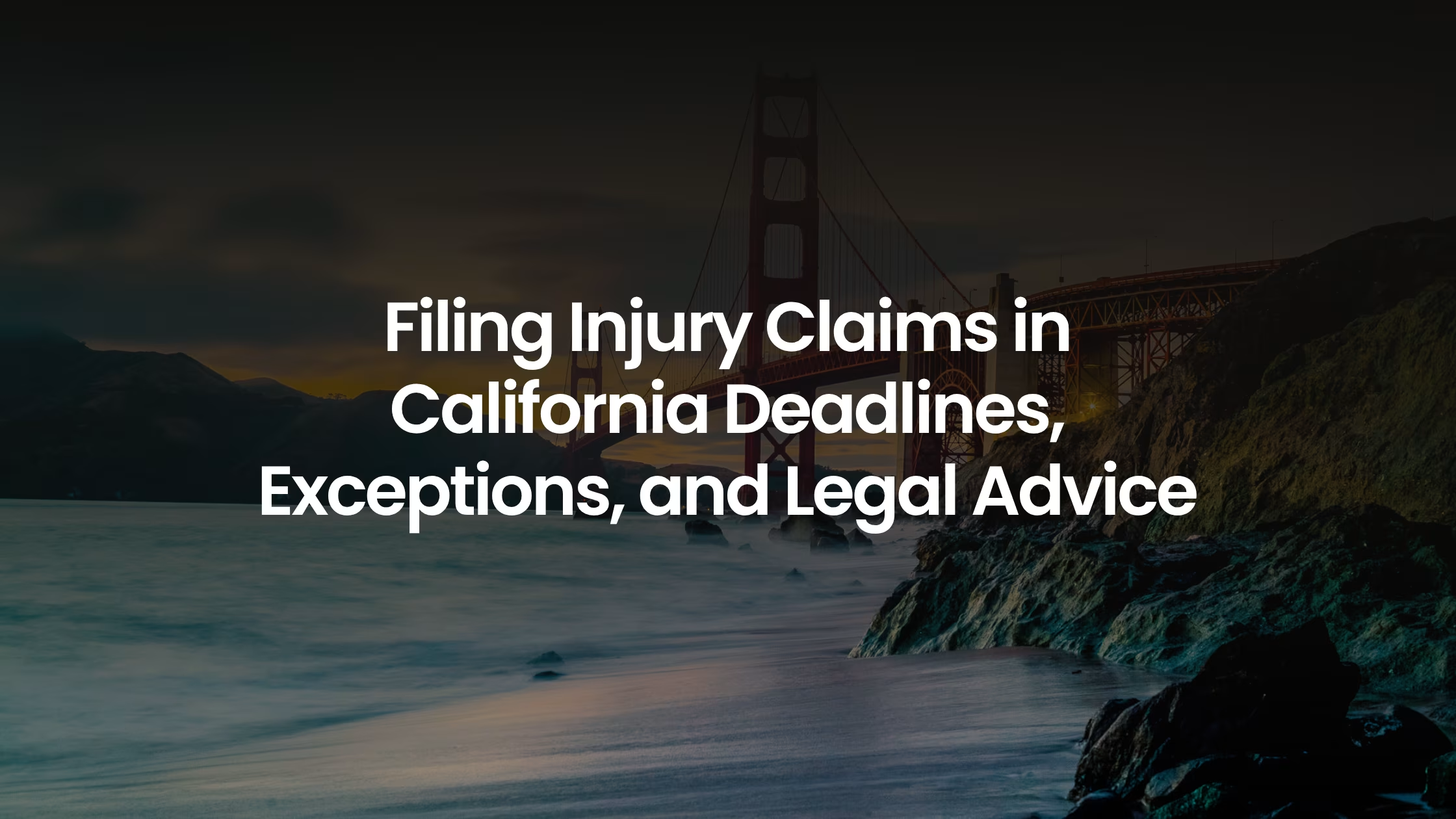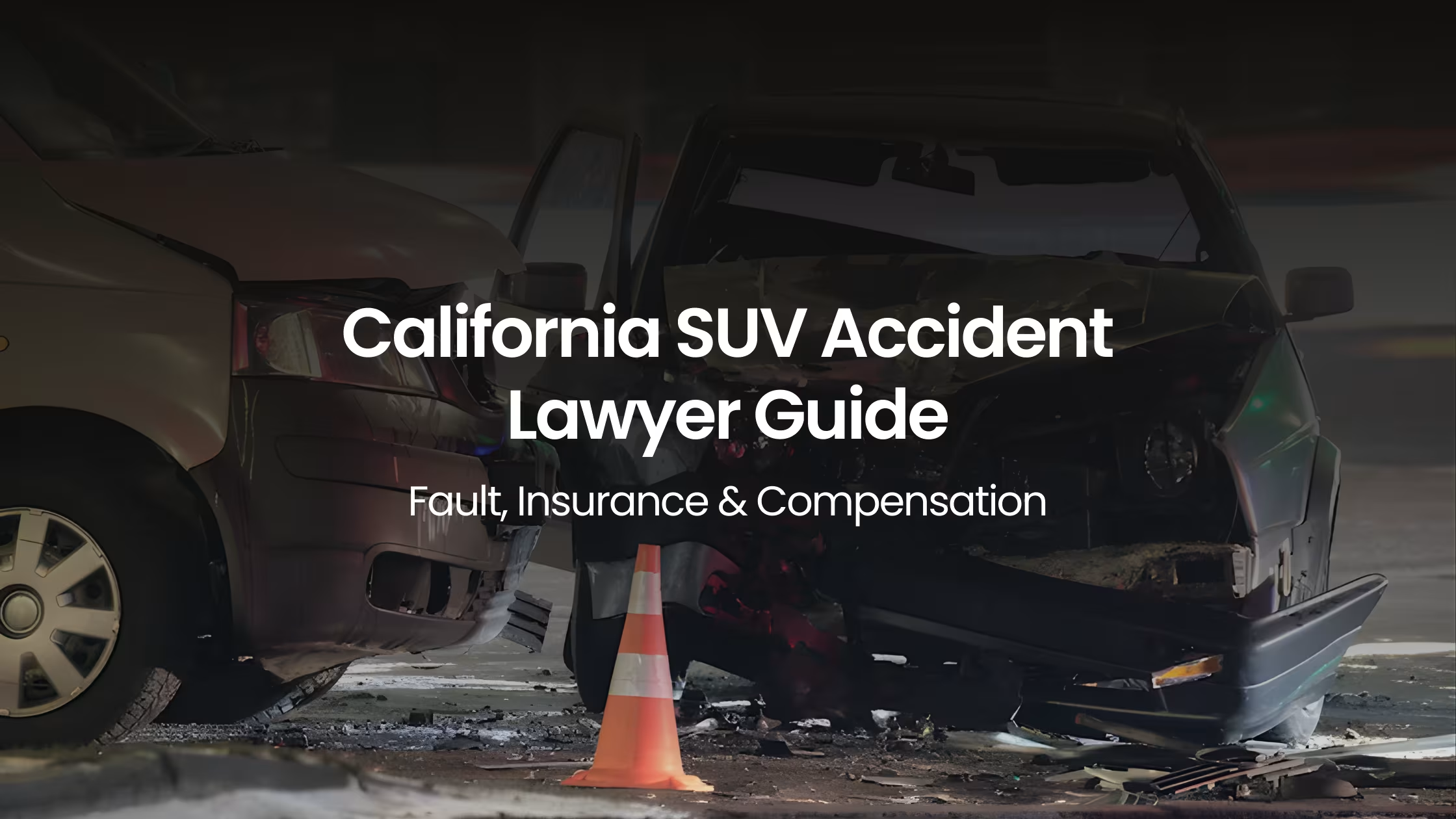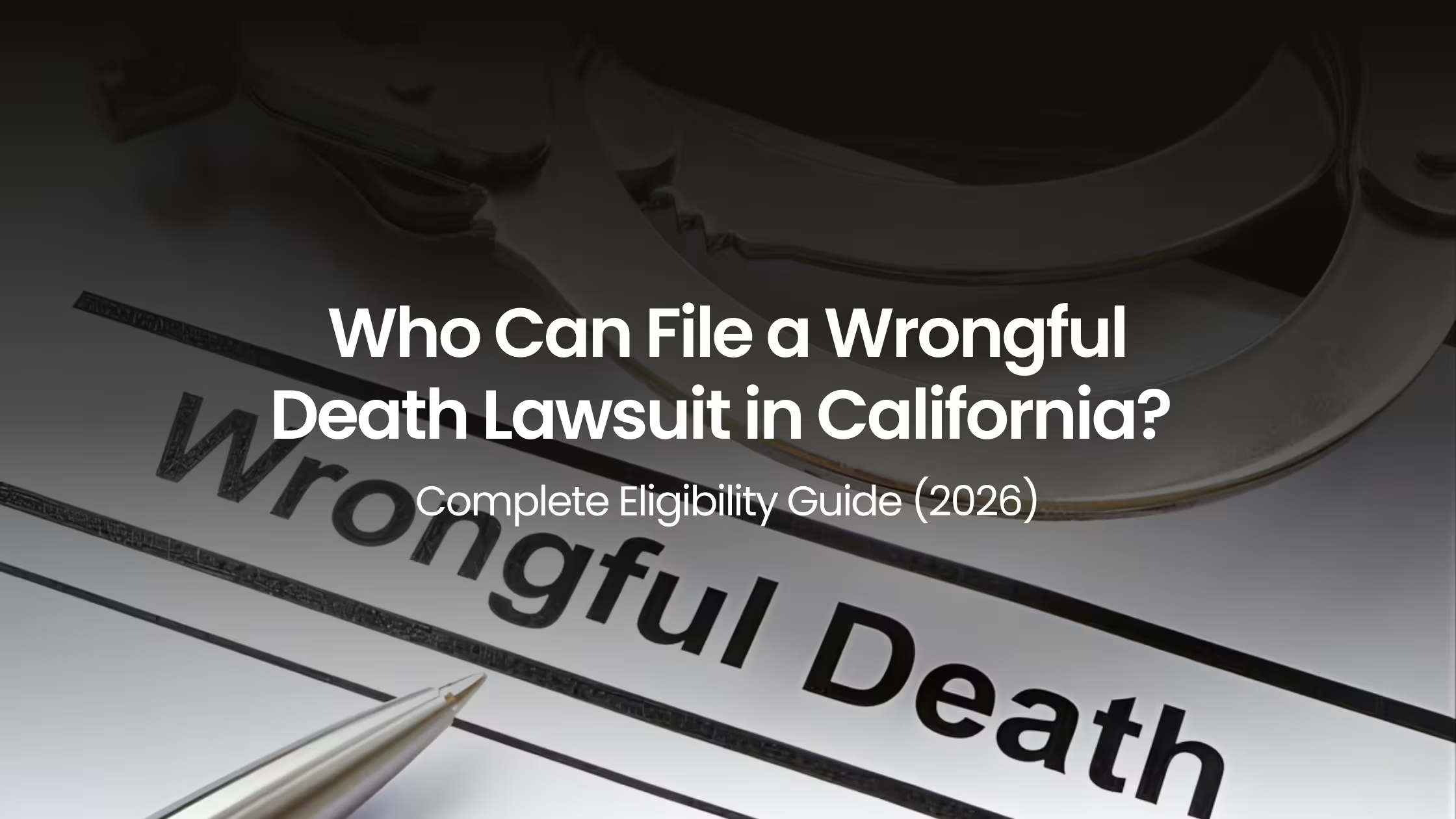Getting injured is challenging enough, missing your window to file a claim can make it far worse. California law sets strict timelines for personal injuries, accidents, and workers’ compensation cases. This guide breaks down the important deadlines, key exceptions, recent lawsuits, and practical tips every Californian should know before acting. Our insights come from years of legal experience fighting for clients across San Francisco and the Golden State.
Understanding the Basics: California Statute of Limitations
The statute of limitations is the legal countdown for filing your claim. If you miss the deadline, you could lose your right to recover damages forever. Here’s a summary of the most common injury claim deadlines in California:
Tip: Act as soon as possible. Courts rarely make exceptions unless you can prove your situation qualifies under specific tolling provisions.
Key Exceptions: When Time Can Be Paused or Extended
California law recognizes situations where the clock might stop (“tolling”) or be adjusted, including:
- Discovery Rule: Time begins when you discover or reasonably should have discovered the injury. This is common in toxic exposure, delayed ailments, or surgical errors (e.g., foreign object left inside).
- Minors: For plaintiffs under 18 at the time of injury, the countdown usually starts upon turning 18.
- Mental/Physical Incapacity: If you are legally incapacitated, the limitation period may pause until you regain capacity.
Defendant Absent or Concealed: If the party responsible leaves California or hides their involvement, the period may pause until they return or are discovered.
How Deadlines Affect Workers’ Compensation Claims
When workplace accidents occur, deadlines for how to claim workers comp and related actions can be even tighter:
- Notify your employer within 30 days of the injury, or you could forfeit benefits.
- File your official workers’ compensation claim within 1 year of the injury date, knowledge of injury, or last medical benefit, whichever is later.
- For cumulative trauma or occupational disease, the time starts when you know (or should know) the injury is work-related.
Key Steps for California Work Comp
Lawsuit Highlight: Maher v. Workers' Comp. Appeals Board (1983)
Carol A. Maher, working as a nurse, experienced multiple on-the-job injuries over several years in California. Her claim for ongoing benefits was challenged, her employer argued her claim was untimely. The case reached the California Supreme Court, which clarified that an employee could combine disabilities and seek benefits even for injuries discovered later, as long as reporting and filing were within permitted windows. This precedent confirmed that workers suffering cumulative trauma aren't out of luck if symptoms emerge well after the first incident.
From Filing to Approval: Real-World Example
Consider a San Francisco construction worker injured by falling debris in 2022. He reported the injury within 24 hours, submitted his claim the next week, and received benefits within a month. Had he waited more than 30 days to inform his employer, or past the 1-year deadline for a DWC-1 form, his claim might have been denied. This sequence shows why asking early, “how to file for workmans comp?” makes all the difference.
FAQ: Common Workman’s Comp Questions
Should I file for workers comp even if my boss discourages it?
Yes. California law prohibits retaliation for work comp claims. Your rights and health come first.
How do I file a workmans comp claim?
Ask your employer for the official DWC-1 form. Fill out the employee section, keep a copy, and return it to your boss immediately (by hand or certified mail). Your employer forwards it to the insurer, which must notify you of the claim status within 14 days.
What if my claim is denied?
You have the right to appeal through the California Workers’ Compensation Appeals Board. Legal help and fast documentation are vital in disputed claims.
When to Act: California’s Injury Claim Deadlines at a Glance
Attorney Perspective: Why Timelines Matter and How Our Firm Can Help
As a specialized personal injury attorney serving San Francisco and California, I've witnessed the heartbreak when victims contact us just after a statute expires. My advice? Don’t wait, consult early and keep every deadline. Our team ensures your documentation is in order, follows strict timelines, and pushes back when defendants attempt to exploit the system’s complexity.
We answer vital questions, including “how do I file a workmans comp claim?” and “Who pays medical bills while I wait?” Legal representation means maximizing your recovery and avoiding fatal paperwork errors. Knowing the system, your rights, and every possible exception is our job, your focus should be on healing, not bureaucracy.
Pro Tips for Success
- Document everything: Save emails, medical reports, incident logs, pay stubs, and claim forms.
- Act immediately if symptoms emerge: Even for cumulative trauma or occupational illness, sooner is safer.
- Don’t let discouraged reporting stop you: California law protects your right to report workplace injuries.
- Seek legal help if denied: Appeals are time-limited, move fast to get help.
Protect Your Rights, Contact Ladva Law
If you’re facing injuries, denied claims, or deadline worries, Ladva Law stands ready to guide you across every hurdle. We serve clients in San Francisco and throughout all of California. Our experience, compassion, and results-driven approach ensure you don’t lose out on recovery because of technicalities.
Don’t wait, Schedule your FREE consultation now. Let us be your advocate through every step.
Deadlines are strict, but with know-how and a determined legal team, you can clear every obstacle to compensation.






